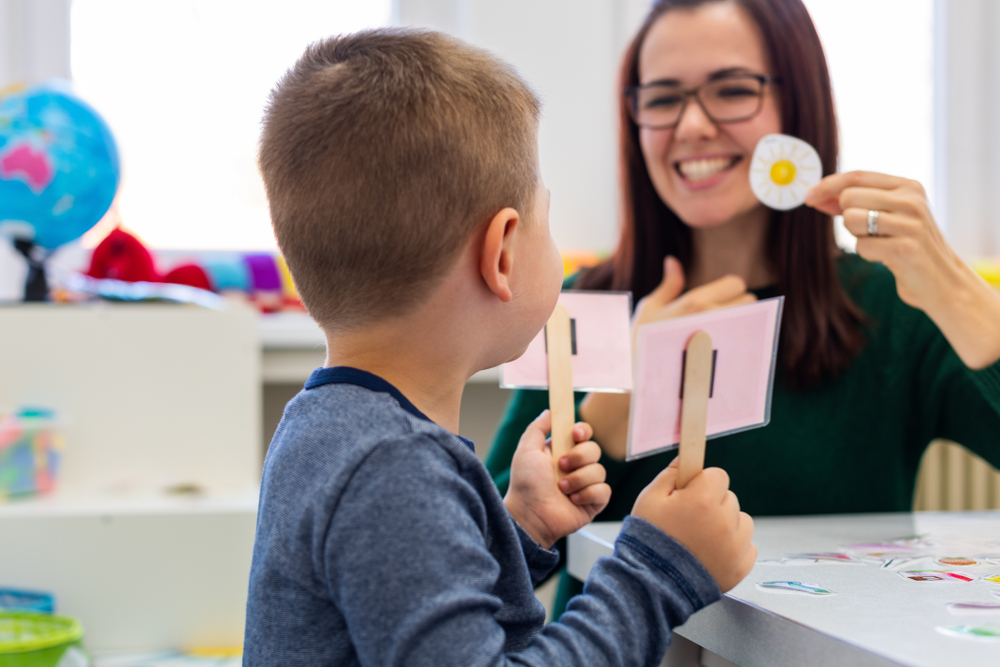Why handwriting remains essential for school-aged children
As computers and tablets become commonplace in classrooms, there’s a growing debate about the relevance of traditional handwriting.
Although typing is fast becoming the norm, the practice of handwriting retains a significant role in education.
Recognising the lasting importance of learning to write by hand is crucial for young learners—it involves much more than just putting letters on paper.
This blog will delve into why mastering handwriting is essential for a child’s cognitive, educational, and emotional wellbeing, and we’ll highlight the unique benefits that make it an irreplaceable part of a child’s educational experience.
Importance of handwriting in the digital age
Devices like laptops and tablets are now taking over in classrooms and do in fact help with learning in many ways.
However, writing by hand is still very important and can’t be fully replaced by typing on a keyboard.
Handwriting helps students remember things better because it involves deeper thinking.
For example, kids who write down their notes can usually recall the information more easily than those who type them.
Handwriting also boosts creativity and helps students think more clearly.
It plays a big part in helping them learn how to read and write properly, from recognising letters to understanding spelling and grammar.
Even in our digital age, being able to write by hand is an important skill for students as it supports both their academic and personal development.
Cognitive benefits
Mental engagement
Handwriting does more than just record notes; it actively engages the brain.
Writing by hand involves different areas of the brain responsible for thinking, language, and memory.
This happens because writing requires a combination of physical actions and thinking skills to shape letters and words.
This not only makes these brain areas stronger but also boosts overall brain activity, which is crucial for learning.
Handwriting makes us think carefully as we link letters and words, improving how we handle information.
Enhanced retention
Handwriting greatly affects how well we remember and understand information.
Students who write their notes by hand tend to recall them better than those who type.
This is because handwriting slows down note-taking, giving the brain more time to take in and save the information.
Writing physically also plants this information more firmly in our memories, leading to a clearer understanding over time.
Therefore, handwriting is a strong learning tool, securing knowledge and ideas more effectively than typing.
Educational advantages
Literacy development
Handwriting plays a crucial role in enhancing literacy skills.
It helps children develop their reading abilities, improve spelling accuracy, and expand their vocabulary.
When children write by hand, they learn to recognise and form letters, which reinforces their understanding of how words are constructed and how they function in language.
This connection between handwriting and literacy skills is essential for building a strong educational foundation.
Academic performance
The discipline and attention required to maintain neat and legible handwriting can translate into greater focus and better performance in other subjects as well.
Good handwriting could help improve confidence leading to a more positive attitude towards learning and overall performance.

Motor skills development
Fine motor skills
Handwriting contributes significantly to the development of fine motor skills.
The act of gripping and controlling a pencil while forming letters requires precise movements of the fingers, hands, and arms.
This practice enhances hand-eye coordination, which is critical not only in academic settings but also in everyday activities.
Neutral connections
Engaging in handwriting activities helps strengthen the neural pathways that are vital for successful learning.
Each time a child forms letters, their brain is mapping these actions, reinforcing pathways that make future writing, and related learning tasks, more fluid and natural.
Psychological and emotional benefits
Confidence and self-esteem
Proficiency in handwriting can have a profound impact on a child’s confidence and self-esteem.
As children master the ability to write clearly and neatly, they often feel more confident in their academic skills and are more eager to participate in classroom activities.
This confidence can extend into other areas of their school life, enhancing their overall academic experience.
Patience and persistence
Handwriting teaches children the value of patience and persistence.
Learning to write well is a gradual process that requires practice and dedication.
Overcoming the challenges of mastering handwriting can help children develop resilience and the understanding that effort can lead to improvement and success in any endeavour.
Challenges and support strategies
As children learn to write, they can sometimes face several challenges, such as holding the pencil correctly, understanding letter formation, and maintaining proper spacing.
These difficulties can be frustrating for young learners as they develop their handwriting skills.
To support children who struggle with these aspects, parents and educators can employ several effective strategies.
Providing ergonomic writing tools that are easier to grip can help with pencil control.
Practising letter formation with fun activities, such as tracing letters in sand or shaving cream, can make learning more engaging.
Using lined or graph paper can help children understand spacing and alignment.
Regular feedback and encouragement are also crucial to building their confidence and persistence as they improve their handwriting skills.
By addressing these challenges with patience and creativity, adults can make the process of learning to write more enjoyable and successful for children.

The lasting value of handwriting
The importance of handwriting cannot be overstated.
It is essential for school-aged children not only for their academic success but also for their overall cognitive and emotional development.
By continuing to emphasise the value of learning how to write, parents and educators can help children build fundamental skills that will benefit them throughout their educational journey and beyond.
For additional tips, resources, and support in helping your child master handwriting, or contact an ESA clinic near you.
Our speech pathologists and occupational therapists are experienced in helping give your child the tools they need for success in handwriting and beyond.
Further reading
- James, K. H. & Engelhardt, L. (2012). The effects of handwriting experience on functional brain development in pre-literate children. Trends in Neuroscience and Education, 1(1), 32-42.
- Mueller, P. A. & Oppenheimer, D. M. (2014). The Pen Is Mightier Than the Keyboard: Advantages of Longhand Over Laptop Note Taking. Psychological Science, 1-10.









